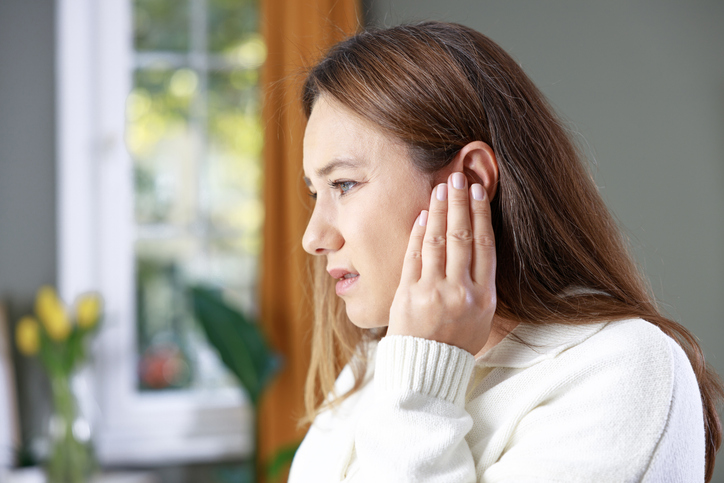
Tinnitus is when you hear a sound in your ears or head even though no external sound is actually present. For many of my patients, this sound is a high-pitched ringing, while for others it can be a buzzing, whooshing, or clicking noise.
What Causes Tinnitus?
A common cause of tinnitus is loud noise exposure. Many of my patients with tinnitus have served in the military or spent time around gunfire or other high-noise environments without ear protection.
Other possible contributors include:
- Hearing loss related to age or genetics
- Certain medications (such as ibuprofen)
- Caffeine and alcohol use
- Stress and anxiety
When to Be Concerned
Normal tinnitus is usually:
- Infrequent — maybe once every few weeks, months, or just a few times a year
- Short-lived — lasting less than 60 seconds
Red flag symptoms that should be evaluated by an ENT (Ear, Nose and Throat specialist) include:
- New tinnitus that starts suddenly
- Tinnitus in only one ear
- Pulsatile tinnitus (it sounds like your heart is beating inside your ear)
What to Expect at an ENT Appointment
At your visit, I may:
- Perform a physical examination of your ears
- Test your hearing, since hearing loss often goes hand-in-hand with tinnitus
- Recommend a brain MRI in certain cases, to rule out any structural abnormalities around the ear
Treatment Options
Treatment depends on the suspected underlying cause, but common approaches include:
- Masking techniques: Using background sound, like a white noise machine, to make tinnitus less noticeable
- Hearing aids: If you also have hearing loss, hearing aids can often reduce tinnitus symptoms
- Lifestyle adjustments: Reducing caffeine, alcohol, and certain medications (like ibuprofen), which can worsen tinnitus
- Managing anxiety: Stress and anxiety can cause tinnitus or make it worse
Can Using Headphones Cause Tinnitus?
Listening to audio at a normal volume is not usually a concern. However, listening at high volumes, especially for long periods, can damage your hearing and trigger tinnitus.
If you’d like a consultation, seeing your ENT is a great first step. A hearing test can determine if hearing aids may help, and with the right evaluation and treatment plan, many of my patients are able to reduce their symptoms and improve their quality of life. Most importantly, if your tinnitus is sudden, only in one ear, or sounds like your heartbeat, seek care at Northfield Hospital + Clinic right away.
